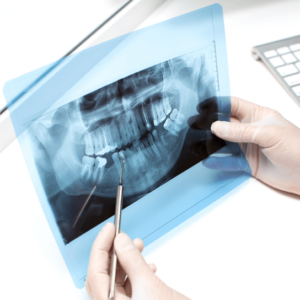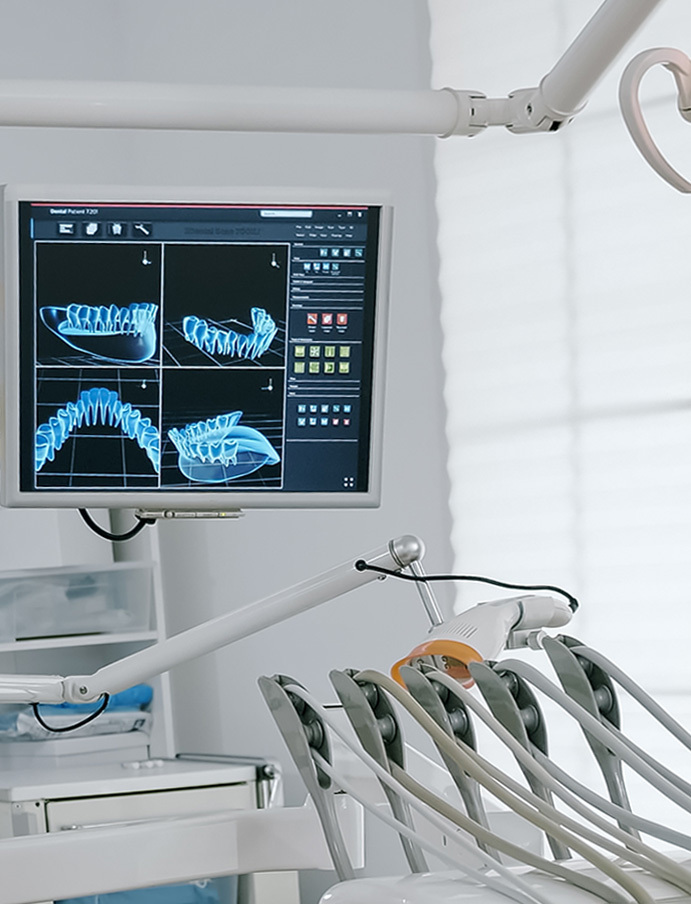Dental X-Ray

Dental x-rays are a type of images of the mouth and teeth. X-rays are an arrangement of electromagnetic radiation, just like evident light. They are of complex energy, though, and can penetrate the body to form an image on film. Dental x-rays benefit diagnoses disease and injury of the teeth and gums.
-

Dental OPG X-Ray
₹600.00 Select options This product has multiple variants. The options may be chosen on the product page

Why it is required?
Images are vital for the proper diagnosis and treatment planning of dental, orthodontic and other oral-maxillofacial conditions. As technology advanced, so has our capacity to secure more precise and anatomically truthful images that help the doctor treat you more efficiently. We do this at the economical possible radiation dosage – in fact, exposure is enticingly lesser than most medical imaging!
What after the Dentist prescribes?

Facilities Provided
RGV Dental Treatment
RGV stands for “Radiovisiography”, has the maximum resolution digital imaging sensor x-ray that gives image on the computer screen in less than 1 sec., which offer poised diagnosis and ultimately to the quality of patient care.
These X-Rays will be taken with the protection of “Lead sheets” and Neck Collars” to avoid any damages to the body
Find out highly skilled and well qualified specialists work schedule and fix an appointment on convenient time
Related Insights
How oral health can affect your overall health? Find out
We usually think oral health is only about brushing, flossing and getting cavities filled. Most of us do not visit a dentist unless we have pain or bleeding in the mouth. But to our surprise oral health is much more important than just having clean teeth. Our oral health or you can say our mouth offers clues about our overall health. Conditions related to our mouth can affect the health of rest of our body.
Root Canals – Treatment, Signs, Procedure, Outcome and More
Conservative Endodontic is a branch of dentistry which deals with diagnosis and treatment of dental problems associated with soft tissues inside the tooth.
Root canal refers to the natural cavity within the center of the tooth.
Root canal treatment (RCT) is a procedure to repair or save a badly damaged or infected tooth instead of removing it. The goal of this procedure is to save the tooth from pulpal necrosis (disease of pulp). RCT is done both in kids and adults in order to save their tooth from decaying; it stabilizes the tooth and gives it a new life.
Not all tooth decay requires RCT; only if the infection (decay) is too deep your dentist may recommend you this treatment option.

